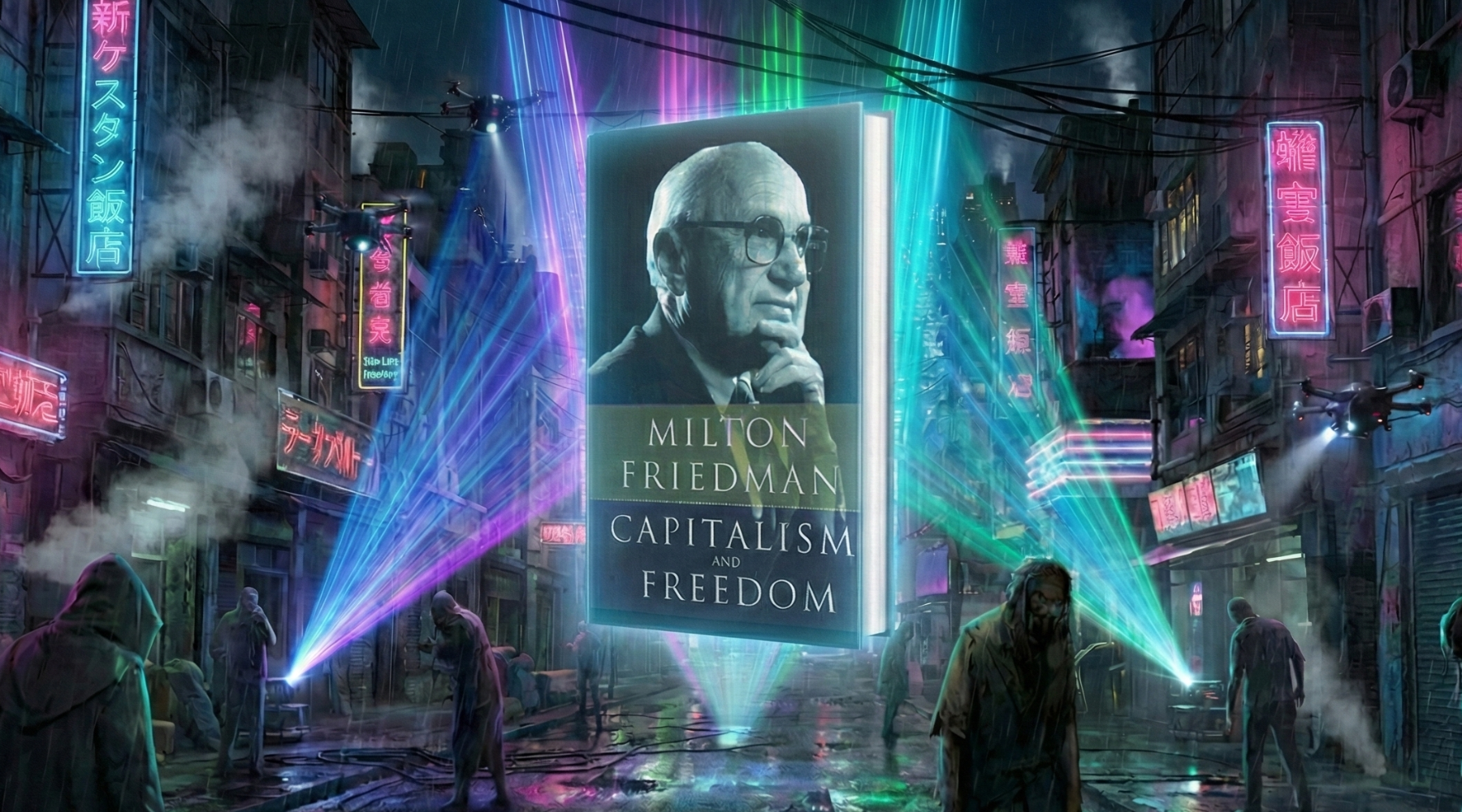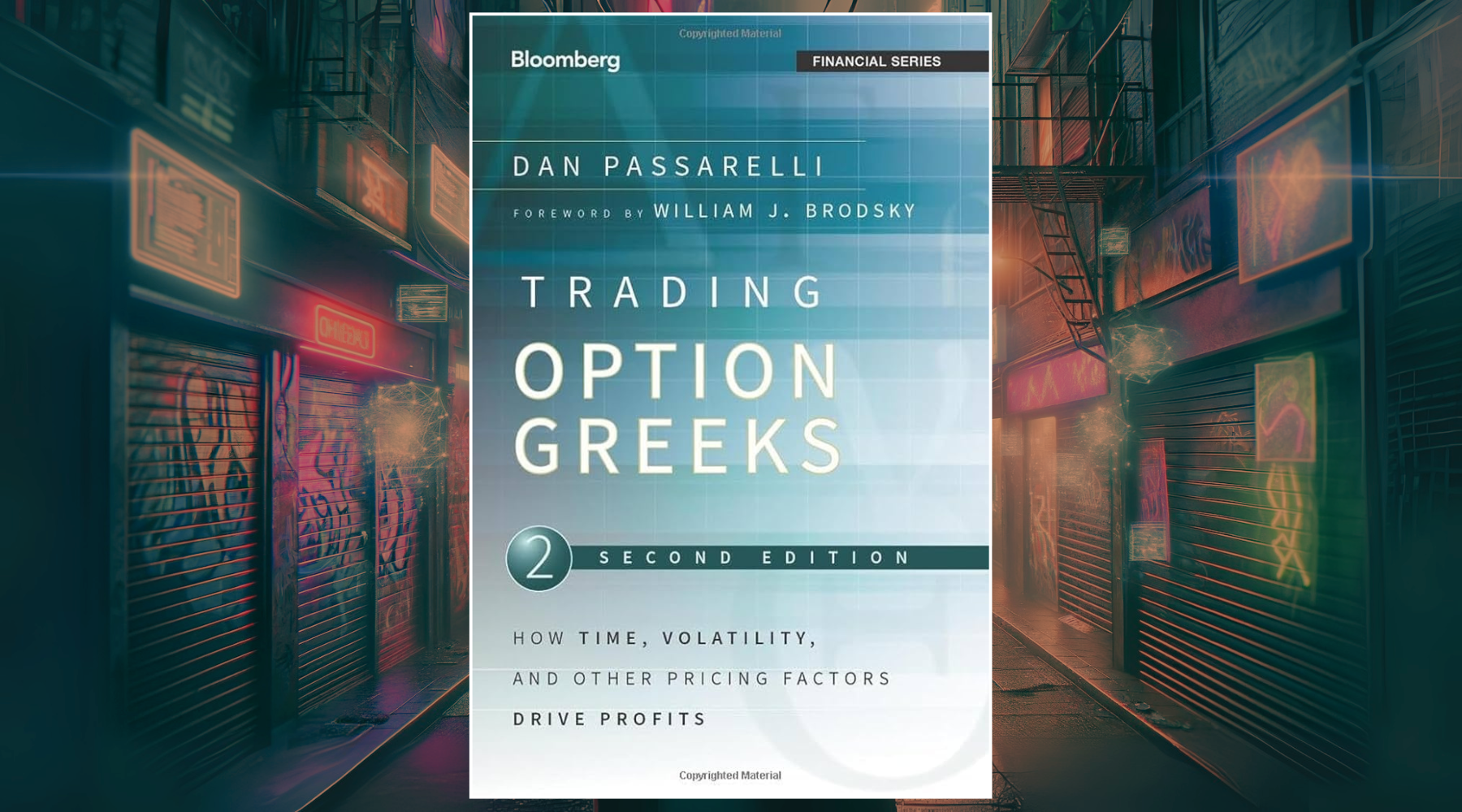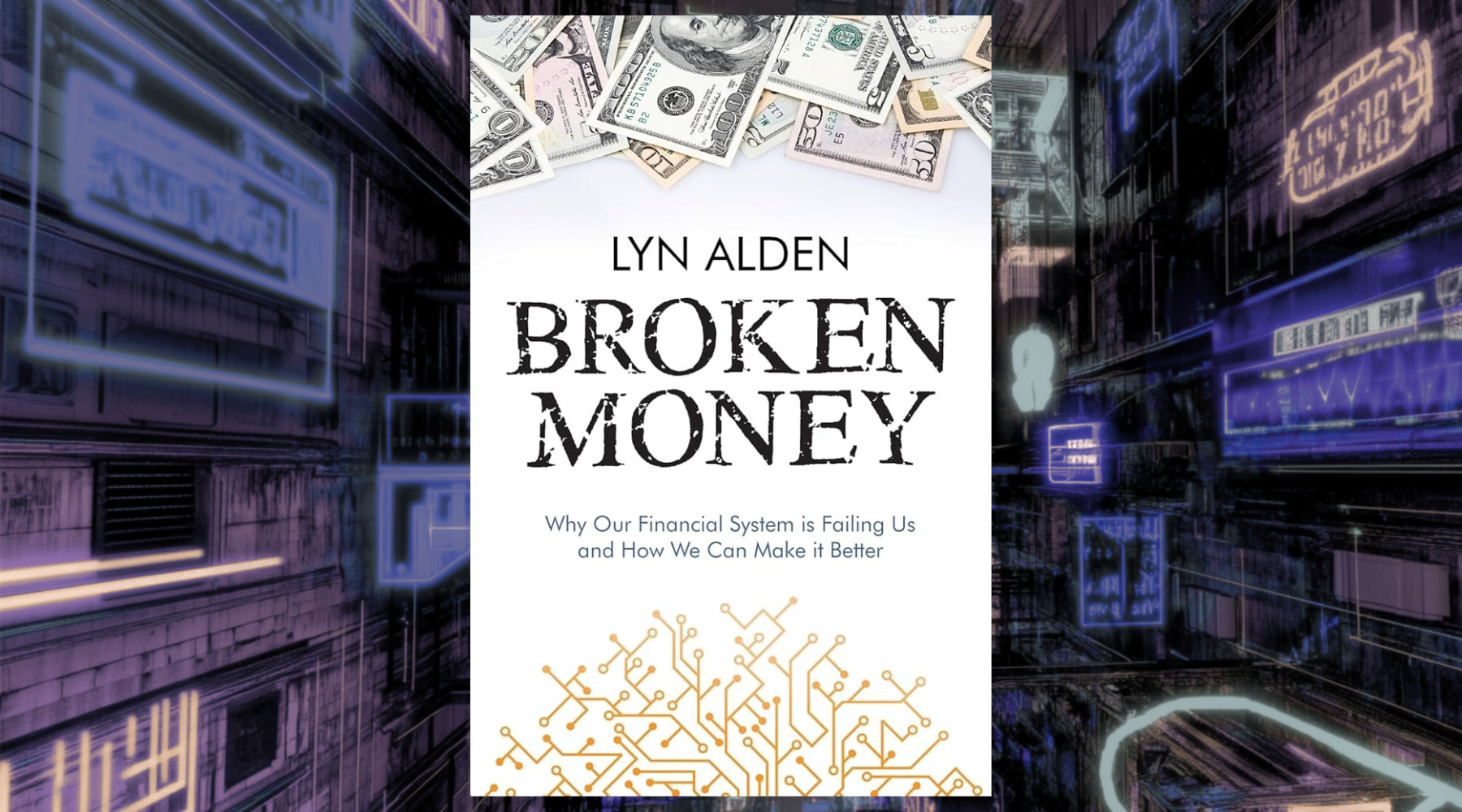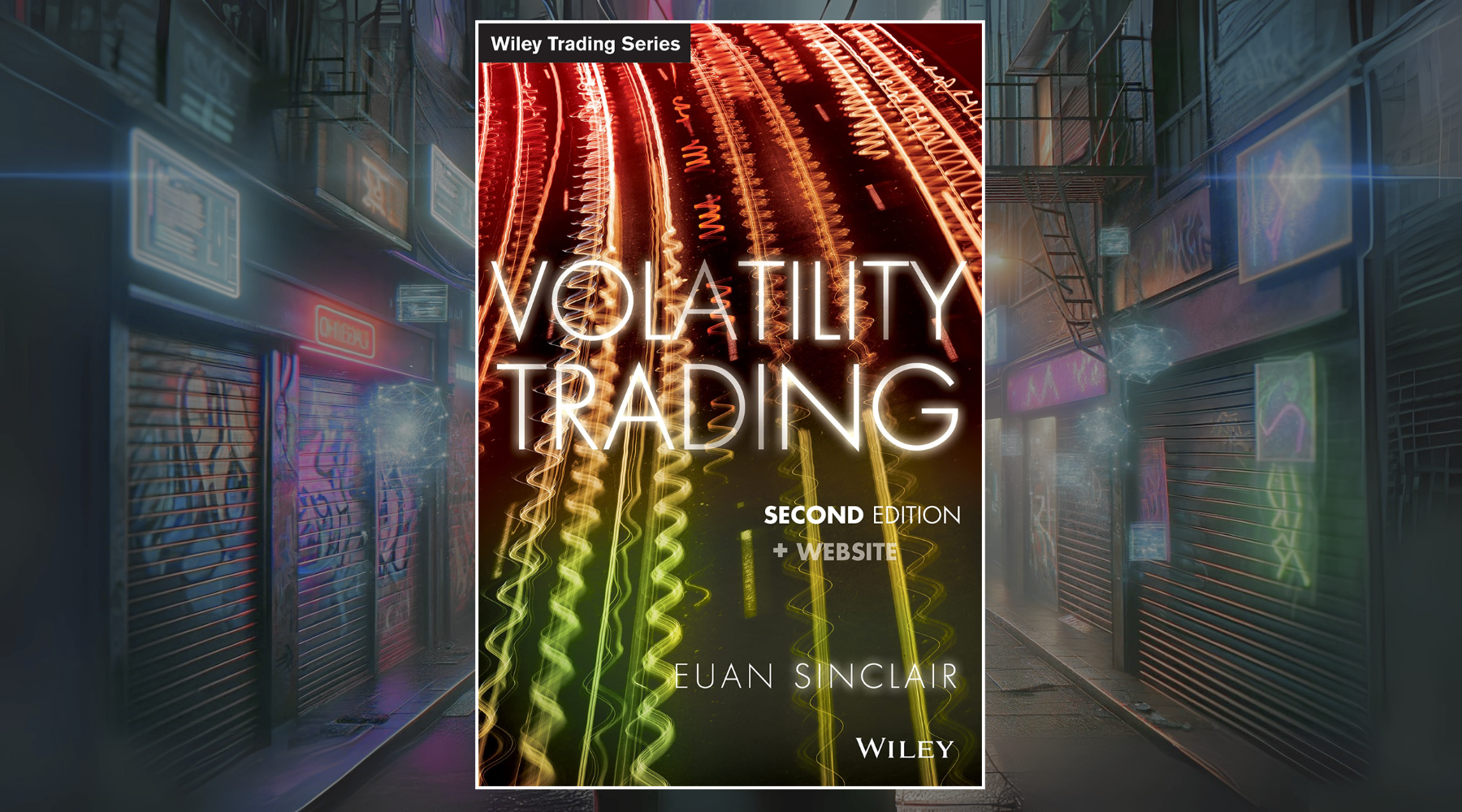Economic Policy: Thoughts for Today and Tomorrow
Book Summary & Review
Ludwig von Mises' book "Economic Policy: Thoughts for Today and Tomorrow" is a collection of six lectures he gave in 1959 to a crowd of students in the lecture hall of the University of Buenos Aires. In the book, Mises shares his thoughts on economic policy and explains why he believes a free market system is better than government interventionism. He argues that when the government tries to control the economy, it often leads to negative consequences. On the other hand, a free market system allows individuals to make their own economic decisions, which can lead to greater prosperity and progress.
The topics Mises covers in these lectures include capitalism, socialism, interventionism, inflation, foreign investment, and economic policies and ideas. Mises' lectures are a great introduction to the basic principles of economics and how they have played out in history. This book is probably now the most popular book explaining Mises’ thoughts on economics.
“When government protects the rights of individuals to do as they wish, so long as they do not infringe on the equal freedom of others to do the same, they will do what comes naturally–work, cooperate, and trade with one another. They will then have the incentive to save, accumulate capital, innovate, experiment, take advantage of opportunities, and produce. Under these conditions, capitalism will develop.” ~ Ludwig von Mises, Economic Policy
These essays combine to show the failures of socialism and the welfare state, and Mises explains how people thrive naturally under capitalism when the government protects the rights of individuals as long as those individuals do not infringe on the rights of others. These people will then do what comes naturally: work, cooperate, and trade with one another. They will then also save, accumulate capital, innovate, experiment, and produce. “Government’s obligation is simply to protect life and property and to allow people to enjoy the freedom and opportunity to cooperate and trade with one another”.
About the Author: Ludwig von Mises
Ludwig von Mises (1881–1973) was a key economist who strongly supported free markets and individual freedom. He believed that economies work best when people can make their own choices without too much government control. Mises argued that personal freedom leads to economic growth and that the government should mainly protect property rights and ensure fair play. He was a leading figure in the Austrian School of economic thought, which emphasizes the importance of individual decision-making and the dangers of government intervention. Mises was critical of socialism and other systems with heavy government interference, showing how these can lead to inefficiencies and reduced prosperity.
Mises wrote important books like "Human Action" and "The Theory of Money and Credit," where he discussed the benefits of sound money and the problems with inflation. He stressed the importance of economic education so that people understand how free markets work and can support policies that promote growth and freedom. Mises's ideas continue to influence economic thinking today, highlighting the value of personal freedom and the dangers of too much government involvement in the economy.

6 Essays in Ludwig von Mises' "Economic Policy: Thoughts for Today and Tomorrow"
I’m going to summarize each essay as short as I can while also trying to cover each main point I was able to gather in each essay. I would have liked to add a lot more quotes here but instead I’ll try to condense the essays and save the quotes for you to read in the book.
1. Capitalism
“Two hundred years ago, before the advent of capitalism, a man’s social status was fixed from the beginning to the end of his life; he inherited it from his ancestors, and it never changed. If he was born poor, he always remained poor, and if he was born rich–a lord or a duke–he kept his dukedom and the property that went with it for the rest of his life.
As for manufacturing, the primitive processing industries of those days existed almost exclusively for the benefit of the wealthy. Most of the people (ninety percent or more of the European population) worked the land and did not come in contact with city-oriented processing industries. This rigid system of feudal society prevailed in the most developed areas of Europe for many hundreds of years.” ~ Ludwig von Mises, Economic Policy: Capitalism
Ludwig von Mises starts by explaining capitalism as a system where individuals own businesses and can make free choices about production and trade. Unlike socialism, where the government controls economic activities, capitalism is driven by what consumers want. Entrepreneurs and businesses strive to meet these demands efficiently, leading to continuous improvements in technology and productivity. This competition not only benefits consumers by offering more choices and better prices but also drives economic growth and raises living standards for everyone.
“The development of capitalism consists in everyone’s having the right to serve the customer better and/or more cheaply. And this method, this principle, has, within a comparatively short time, transformed the whole world. It has made possible an unprecedented increase in world population.” ~ Ludwig von Mises, Economic Policy: Capitalism
Capitalism promotes personal freedom and responsibility. In a capitalist society, individuals have the liberty to pursue their own goals and create their own businesses, which fosters innovation and personal development. He argues that capitalism's emphasis on voluntary exchanges ensures that all parties involved in a transaction benefit, driving economic activity and wealth creation. This contrasts sharply with centrally planned economies, which often lack the flexibility and responsiveness needed to meet changing consumer needs.

Despite common criticisms of capitalism, such as income inequality and worker exploitation, these issues are often the result of government interference rather than the free market itself. He believes that true capitalism, free from excessive regulations and government control, naturally creates opportunities and wealth. Capitalism's ability to adapt and innovate makes it a dynamic system that can quickly respond to economic challenges and recover from crises.
“And all the talk about the so-called unspeakable horror of early capitalism can be refuted by a single statistic: precisely in these years in which British capitalism developed, precisely in the age called the Industrial Revolution in England, in the years from 1760 to 1830, precisely in those years the population of England doubled, which means that hundreds or thousands of children–who would have died in preceding times–survived and grew to become men and women.” ~ Ludwig von Mises, Economic Policy: Capitalism
Economic Policy: Thoughts for Today and Tomorrow
Ludwig von Mises's accessible introduction to Austrian economic principles and free market policy. Based on his influential lectures, this classic work explains capitalism, socialism, interventionism, inflation, and foreign investment in clear, understandable terms. Essential reading for understanding sound economic policy and the foundations of prosperity.
View on AmazonMises also stresses the importance of competition in capitalism. Competition forces businesses to be efficient and innovative, which helps keep prices low and quality high. This not only benefits consumers but also encourages economic progress. He argues that criticisms of capitalism often overlook how competition prevents monopolies and ensures that resources are used efficiently, leading to greater overall prosperity.
Mises presents capitalism as a system that aligns individual initiative with societal benefits, promoting economic growth and improving living standards. By highlighting the benefits of competition, voluntary exchange, and personal freedom, he makes a compelling case for capitalism as the most effective and fair economic system.
2. Socialism
Mises takes a close look at socialism and defines it as a system where the government owns and controls all businesses and resources. In socialism, the government makes all the decisions about what to produce, how to produce it, and who gets what. This is different from capitalism, where these decisions are made by individual people and businesses based on what consumers want.
Socialism often leads to problems because the government can’t effectively figure out what people need or how to best use resources. Without market prices to guide them, government planners make decisions that can lead to waste and inefficiency. This means that resources might not be used well, and people may not get what they really need or want, which can slow down economic growth and innovation.
“In the socialist system, everything depends on the wisdom, the talents, and the gifts of those people who form the supreme authority. That which the supreme dictator–or his committee–does not know, is not taken into account.” ~ Ludwig von Mises, Economic Policy: Socialism
Mises also talks about how socialism can impact people's freedoms. He warns that when the government controls the economy, it often has to control many parts of people's lives to enforce its decisions. This can lead to a loss of personal freedom and make it hard for people to speak out against the government or make their own choices about their lives.
“Freedom really means the freedom to make mistakes. This we have to realize. We may be highly critical with regard to the way in which our fellow citizens are spending their money and living their lives. We may believe that what they are doing is absolutely foolish and bad, but in a free society, there are many ways for people to air their opinions on how their fellow citizens should change their ways of life. They can write books; they can write articles; they can make speeches; they can even preach at street corners if they want–and they do this in many countries. But they must not try to police other people in order to prevent them from doing certain things simply because they themselves do not want these other people to have the freedom to do it."
"This is the difference between slavery and freedom. The slave must do what his superior orders him to do, but the free citizen–and this is what freedom means–is in a position to choose his own way of life.” ~ Ludwig von Mises, Economic Policy: Socialism
Even though socialism promises to create equality and fairness, Mises argues that it often fails to deliver. Without competition and incentives, the quality of goods and services can suffer, and those in power may end up having more privileges than ordinary people. This can lead to new forms of inequality and reduce overall living standards.
In short, Mises believes that socialism, while aiming to create a fair and equal society, usually results in economic problems and less freedom for individuals. By centralizing control and removing the incentives that drive progress and efficiency, socialism often fails to achieve its goals of prosperity and equality.
3. Interventionism
Ludwig von Mises discusses interventionism, which is when the government steps in to try to fix problems in the economy or achieve specific social goals. This can include things like setting price controls, giving subsidies to certain industries, or creating regulations. While these actions are often meant to help, they usually end up causing more problems than they solve.
“Interventionism means that the government not only fails to protect the smooth functioning of the market economy, but that it interferes with the various market phenomena; it interferes with prices, with wage rates, interest rates, and profits. Thus, all the measures of interventionism by the government are directed toward restricting the supremacy of consumers.” ~ Ludwig von Mises, Economic Policy: Interventionism
One of the main issues with interventionism is that it disrupts the natural balance of supply and demand. For example, if the government sets a price limit on a product to make it more affordable, it can lead to shortages because producers may not want to sell at the lower price. On the other hand, if the government sets prices too high, it can lead to surpluses, where there is too much of a product that people don’t want to buy at that price.
When the government tries to control prices or give subsidies, it often creates a chain reaction of problems. The first intervention might cause an issue that needs to be fixed with another intervention, leading to more and more controls. This can make the economy more complicated and less efficient, moving it closer to a system where the government has too much control, like in socialism.

Another problem with interventionism is that it can lead to unfair advantages for some businesses or industries. When the government gives subsidies or special treatment to certain companies, it can create an uneven playing field. This can stifle competition and innovation, as smaller businesses or those not receiving help struggle to compete. This kind of favoritism can harm the overall economy and lead to inefficiencies.
Mises also points out that interventionism can make it harder for the economy to grow and adapt to changes. When the government controls parts of the economy, it can slow down the process of innovation and adaptation because businesses spend more time complying with regulations and less time improving their products or services. This can limit economic progress and make it harder for society to respond to new challenges and opportunities.
In summary, Mises argues that while government interventions are often well-intentioned, they usually lead to unintended consequences that can harm the economy. He believes that the best way to address economic issues is through free market solutions, where supply and demand can find their natural balance without excessive government interference. This approach, according to Mises, leads to a more dynamic and prosperous economy.
4. Inflation
Mises defines inflation as an ongoing increase in the amount of money in circulation that causes prices to rise across the board. Inflation often happens because of government actions, like printing too much money or spending more than it can afford. While these actions might be intended to boost the economy, they often lead to negative effects that can harm it in the long run.
"When a government increases the quantity of paper money, the result is that the purchasing power of the monetary unit begins to drop, and so prices rise. This is called inflation. Unfortunately, in the United States, as well as in other countries, some people prefer to attribute the cause of inflation not to an increase in the quantity of money but, rather, to the rise in prices." ~ Ludwig von Mises, Economic Policy: Inflation
One of the main problems with inflation is that it distorts prices. In a stable economy, prices are a signal that helps consumers and businesses make informed decisions about buying, selling, and investing. But when inflation occurs, these price signals become unreliable. For example, if prices are rising because of inflation, it can be hard to tell whether a product is actually becoming more valuable or if its price is just going up because money is losing its value. This confusion can lead to poor economic decisions, as people may spend more than they should or invest in the wrong things.
Mises also discusses the impact of inflation on different groups of people. He notes that inflation tends to benefit debtors, who can pay back loans with money that is worth less than when they borrowed it. This can be good for people or businesses that owe money, but it is bad for creditors and savers, who find that the value of the money they are owed or have saved is decreasing. This erosion of savings can discourage people from saving and investing, which is important for economic stability and growth.
"When inflation starts, different groups within the population are affected by this inflation in different ways. Those groups who get the new money first gain a temporary benefit. When the government inflates in order to wage a war, it has to buy munitions, and the first to get the additional money are the munitions industries and the workers within these industries. These groups are now in a very favorable position. They have higher profits and higher wages; their business is moving. Why? Because they were the first to receive the additional money. And having now more money at their disposal, they are buying.
They are buying from other people who are manufacturing and selling the commodities that these munition makers want. These other people form a second group. And this second group considers inflation to be very good for business. But there are other groups in the population to whom this additional money comes much, much later. These people are in an unfavorable position." ~ Ludwig von Mises, Economic Policy: Inflation

Another serious consequence of inflation is that it can lead to a loss of trust in the currency. When people see that the value of their money is falling, they may start to lose confidence in it, which can lead to a decrease in economic activity. If inflation gets out of control, it can spiral into hyperinflation, where prices rise so rapidly that money becomes almost worthless. This can cause severe economic disruption, making it difficult for people to buy basic goods and services and leading to widespread hardship and instability.
Unchecked inflation can have long-lasting negative effects on the economy and society. To avoid these problems, governments need to practice sound monetary policy. This means being careful not to increase the money supply too quickly and ensuring that the currency remains stable. By keeping inflation in check, Mises argues, we can maintain trust in the economy and create a stable environment for growth and prosperity.
Mises emphasizes that while inflation might seem like a quick fix for economic problems, it often leads to bigger issues down the line. He advocates for responsible management of the money supply to prevent inflation from spiraling out of control and to protect the value of people's savings and investments. By doing so, we can help ensure a stable and healthy economy that benefits everyone.
5. Foreign Investment
Mises highlights the importance of foreign investment for economic growth and global trade. Foreign investment occurs when individuals or businesses from one country invest in businesses or assets in another country. He argues that foreign investment is crucial because it brings in much-needed capital, advanced technology, and valuable management skills that can help less developed economies grow and improve.
One of the main benefits of foreign investment is the infusion of capital. Capital refers to the financial resources needed for businesses to expand and innovate. When a country receives foreign investment, it gains access to funds that can be used to build infrastructure, start new businesses, or improve existing ones. This investment helps create jobs, boosts economic activity, and raises living standards.
In addition to capital, foreign investment often brings advanced technology and expertise. Investors from more developed countries can introduce new technologies and business practices that might not be available locally. This can lead to increased productivity and efficiency in the host country’s economy. For example, a foreign company might set up a factory with modern equipment and training programs for local workers, helping them to produce goods more efficiently and to a higher standard.

However, foreign investment also comes with challenges and risks. Political instability can make investors hesitant to put their money into a country if they fear that a sudden change in government might result in the expropriation of their assets or other unfavorable conditions. Expropriation is when a government takes over private assets, often without fair compensation, which can scare off potential investors. Mises emphasizes the importance of creating a stable and welcoming environment for foreign investors to mitigate these risks.
To attract and sustain foreign investment, countries need to ensure strong property rights and the enforcement of contracts. Property rights protect investors' interests by guaranteeing that their investments will not be unfairly taken away. Enforcing contracts ensures that agreements between investors and local partners are honored, providing a sense of security and reliability. By fostering a climate of economic freedom and stability, countries can create an attractive environment for foreign investment, leading to long-term economic benefits.
Mises views foreign investment as a powerful tool for economic development, bringing in essential capital, technology, and expertise that can help drive growth and improve living standards. He stresses the importance of maintaining a stable and welcoming environment for investors to maximize the benefits of foreign investment while minimizing the risks. By embracing foreign investment and ensuring economic stability, countries can pave the way for sustainable development and prosperity.
6. Politics and Ideas
In the final essay, Ludwig von Mises talks about how political ideas and economic policies are closely linked, arguing that the health of a country’s economy is heavily influenced by the dominant political ideologies. He explains that when governments adopt policies based on socialism or extensive control, it often leads to inefficiencies and slower economic growth. In contrast, policies that support free markets and individual enterprise encourage innovation and prosperity by allowing businesses to thrive and individuals to pursue their own economic goals.

Mises emphasizes the importance of sound economic policies that promote freedom and limit government intervention. He warns that ideologies advocating for heavy government control can stifle economic activity and reduce personal freedoms. Instead, Mises supports classical liberal principles, such as low taxes and minimal regulations, which create a more dynamic and adaptable economy. He believes that these policies lead to greater economic growth and higher living standards for everyone.
Economic education is so important in helping the public understand the benefits of free-market policies and the dangers of excessive government control. By spreading knowledge about the principles of economic freedom, people are better equipped to support policies that foster growth and resist harmful ideologies that can lead to economic stagnation and loss of individual rights. Mises advocates for a well-informed society that values economic freedom and understands the impact of different political ideologies on economic well-being.
In summary, Mises argues that the political and ideological environment plays a significant role in shaping a country’s economic policies and outcomes. He champions the principles of economic freedom and minimal government intervention, believing that these lead to a more prosperous and free society. By promoting these ideas and educating the public, Mises aims to encourage policies that support economic growth and protect individual liberties.
My Summary
I loved this book. Although I love to read, I prefer books to be shorter and more condensed with no fluff. That’s what was great about this book and these short essays. Each essay could have been expanded to an entire book length, but sometimes I prefer to get all the information and knowledge with less reading so that I can move on to another author’s views on the topic. This was actually my first Ludwig von Mises book that I’ve read, and I’ve since ordered a few more of his books. This book goes on my Favorite Economic Books shelf for sure.

If you've made it this far, I recommend you check out my book summary and review of Frederic Bastiat's "The Law". It was a great economic and political policy book with a similar style to Mises's writing and ideas.










Leave a comment
This site is protected by hCaptcha and the hCaptcha Privacy Policy and Terms of Service apply.